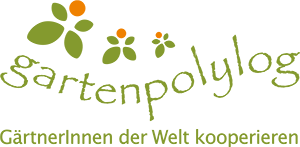The following paper deals with intercultural community gardens in Vienna and their relevance for processes of social integration for people with migration experience. The increase in immigration to Austria in recent years and the resulting need for integration initiatives in Vienna have raised the question of how social integration of people with migration experience can be strengthened. When an intercultural community garden was first founded in Vienna in 2008, this was a new approach to promote processes of integration. In addition to the importance of the garden as a leisure and recreation area, the common gardening of people of different nationalities and origins had a significant social impact on the participants. In this work, besides the terms migration and integration the concepts of community gardens and intercultural community gardens are explained in particular. The combination of gardening and integration brings a multitude of special features, which are also explained in more detail. The resulting uniqueness of intercultural community gardens is based, among other things, on the common interest of gardeners, community and encounter at eye level. The empirical part of the work examines processes of integration based on the theoretical integration model according to Hartmut Esser in the form of interviews with participants. Four gardeners with migration experience from the community gardens of Heigerlein and Macondo in Vienna were questioned.
Autor*innen
Christina Schreink
Erscheinungsjahr
2018
Universität
Universität Wien
Studienrichtung
Lehramtsstudium Geographie und Biologie
Download
